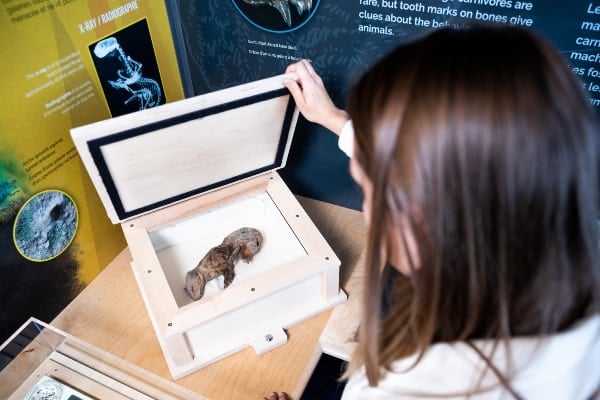Until fairly recently, I had no interest whatever in the idea of writing a book of memoirs. Like most people, I assumed nobody would care to read about the life journey of a nobody-in-particular.
After all, autobiography is the purview of politicians, movie stars, generals and other colourful scoundrels. If I ever had the hubris to write an autobiography, I reasoned, it would probably be called something like, “My Little Life and Other Lies”.
But I’m a storyteller by trade, and storytelling relies heavily on the ability to access memories, to turn, twist, interpret and shape them.
I’m also a Geezer, officially in my 75th year by the time this column sees print. Lord knows, one characteristic of Geezerhood is a propensity to live in the past, and blab about it ad nauseam.
Strange, isn’t it, that the world’s most prolific storytellers tend to be either the very young or the very old?
Youngsters tell stories because their imaginations are not yet corrupted by a world that seems to value conformity more than creativity. Yarn-spinning is a child’s way to capture and make sense of the elusive thing called reality.
Oldsters spin yarns for a similar reason: they help retrofit reality with a personal meaning that often gets lost during the years of scrabbling for a living, raising children, and trying to meet the expectations of whatever society we inhabit.
One of the delicious things about memory is that it is totally subjective.
How you recall that day a skunk perfumed the family dog may be completely different from how your kid sister, Ruby, remembers it. The hero in your memory of an event may be the villain, or a mere bystander, in someone else’s.
Unlike the academic telling of history, memoir-writing doesn’t depend for its validity on a foundation of documented fact. Much of the twaddle I write in this particular space is nothing more or less than memoir, with no guarantee of accuracy.
A few days from now, I’ll be conducting a workshop on memoir-writing in a small city east of Geezerville. I intend to offer the participants the same advice I would give anyone contemplating a plunge into this art form.
It’s drawn from a splendid essay on memoir-writing by my favourite writing mentor, the late William Zinsser.
First, use all your senses and any other trick that helps tap into your treasure-chest of memory. Second, tell your own truth; if Ruby has a different take on things, she can write her own damned memoirs.
Finally, think small. Forget about trying to write a magnum opus. Focus on producing honest, well-polished pearls, one at a time. Before you know it, you’ll have a hefty string-full as your personal gift to future generations.




